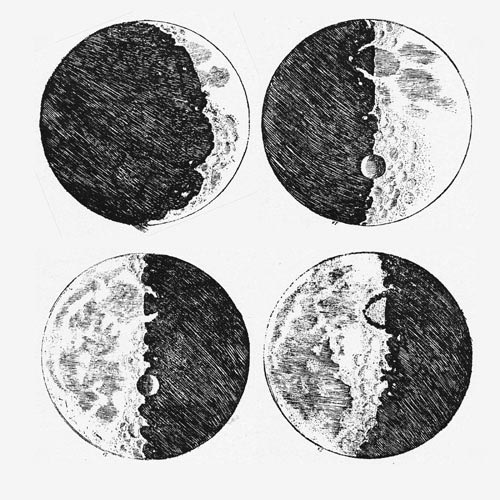If you are in any way involved in the creation, curation, conveyance, or management of knowledge, then Big Data to you is not just another tech fad. Big Data brings the meaning of knowledge to a new frontier. For centuries knowledge has been 'bound' in scrolls, manuscripts, books, libraries, microfiches and even in footnotes. Bound physically, socially, and politically too. Each technological innovation has scaled our reach and has ultimately changed the existing power structures around it. Today, we are riding a tectonic shift--knowledge is now a synchronous "network of connections" bringing with it challenges and opportunities that we have never encountered before. We are moving beyond tables, rows and columns into a world of ambient data. Big Data enabled by an internet of things and events brings us into a new realm of complexity. So what's new here that we didn't already know?
Before now, innovations to the architecture of knowledge were at the mercy of time and happenstance--the printing press and radio, for example. Today we are in a position to shape that architecture as we move through it; shape it through the technologies we develop and how we choose to apply them. Big and Open Data are our first forays into this new environment and they are moving fast--very fast.
What are we going to do with this? How do we deal with the accelerated pace of change? How can we plan around this? Is there some stewardship? These are the overarching questions to be addressed. This time we really are our tools; we are the medium.





